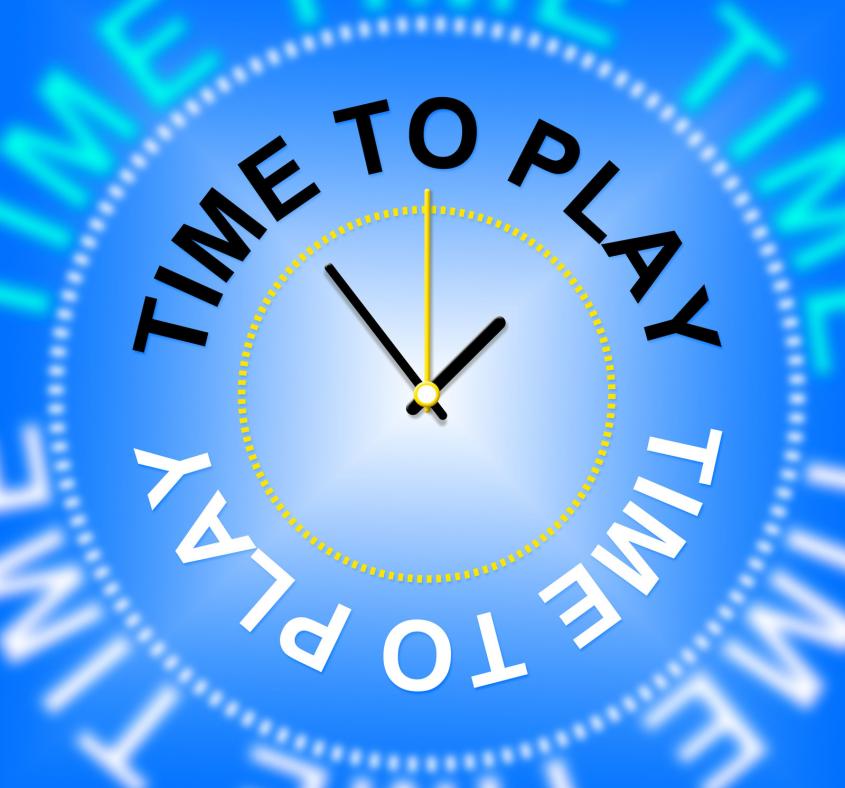5 Tips to Boost Your Language Listening Skills
 Are you looking for ways to boost your listening comprehension in the foreign language you're learning? Here are 5 ways to try out. They've been part of my language learning routine for quite a while now.
Are you looking for ways to boost your listening comprehension in the foreign language you're learning? Here are 5 ways to try out. They've been part of my language learning routine for quite a while now.
When learning a language, listening comprehension may be the most challenging skill to master. Why not add a little fun and variety to your practice? We all know, if you enjoy something you'll get better at it more easily.
A new language, especially when it's spoken fast, is just a series of incomprehensible sounds, nothing more than gibberish (as we experienced ourselves when we arrived in Rome with little Italian a few years ago).
With time, though, you'll notice that the stream of sounds seems to slow down. You'll start distinguishing individual words, or what the words are that run into each other.
Your goal is to listen and understand without translating. Reaching that moment feels great.
However, getting to that stage takes some practice. And there are clearly steps you can take to help you along.
When I learn a new language, or practice one I want to improve, I first listen and then say out loud what I hear. It's a good way to focus on sound combinations and on the way words blend into each other in a language. The result: I'm more likely to recognize the sound combinations of words when I hear them spoken fast.
1. Use Backward Buildup
As you're starting out: listen and repeat words and phrases until you're familiar with the sound of typical letter clusters and fast word combinations.
I first came across the technique of Backward Buildup while doing a Pimsleur course. It was Russian, a language that has lots of sounds that are different from languages that I know.
In a Pimsleur course you are continually reminded to "repeat aloud" what you hear. This is essential for improving your pronunciation. It's also a great way to become familiar with new sounds.
You can add Backward Buildup when saying any word, phrase, or sentence you find challenging. It's something you can do on your own, with any audio, no matter what program, etc. you are using.
For example, take the French word: lendemain:
• Say the full word "lendemain", even if you just mumble it.
• Say the ending: "-main"
• Add the middle part: "-demain"
• Say the first part: "len-"
• Put it together: "lendemain".
If you're more advanced, you can even do this with a couple of sentences together, breaking them into longer chunks.
2. Write What you Hear
 Listen to a phrase or sentence spoken in your target language. (If needed, close your eyes so you don't see the words.) Try to think of the meaning without doing a word-by-word translation. Say the phrase or sentence aloud. Then write it down and check if it's right. At first it may be hard to get it all. But with practice, your listening comprehension will clearly improve.
Listen to a phrase or sentence spoken in your target language. (If needed, close your eyes so you don't see the words.) Try to think of the meaning without doing a word-by-word translation. Say the phrase or sentence aloud. Then write it down and check if it's right. At first it may be hard to get it all. But with practice, your listening comprehension will clearly improve.
You can do this kind of dictation practice on your own, using all kinds of different programs.
A good program for dictation practice is Duolingo, which I've been using for Swedish and Portuguese. You're asked to "Write what you hear". When you're done, you can check the answer.
A program like Glossika, which I'm using to improve my spoken French and Spanish, gives you the translation and answer right away. But I close my eyes when listening, and then I say and write down the sentence from memory.
3. Try a Game or a Quiz
 Interactive games are a fun way to boost your language skills. It's popular to use target-language games in the classroom: Tell me what you see; Build on the Story; I see what you don't see; Quizzes about movies; etc.
Interactive games are a fun way to boost your language skills. It's popular to use target-language games in the classroom: Tell me what you see; Build on the Story; I see what you don't see; Quizzes about movies; etc.
But there are also numerous listening games online, using flashcards, matching games, fill the gap, etc. Many of these are for kids.
An online listening game that's fun for teens and adults is Quotey. The game is particularly clever and versatile. The quotes come from pop culture.
You can set the speed and loudness of the voice, and you play any quote as many times as you want. To check your understanding, you'll see the English equivalent for each.
There are lots of things you can do with it.
• On the Quotes Tab: You set the language (one of eleven major languages). Customize the category (TV series, movies, songs). Choose the difficulty (easy or hard). Then guess the quote. To go on, you click on New Quote. If you want, you can also hear that same quote in any of the eleven languages.
• On the Languages Tab: You'll hear a quote, and guess the language it's in.
• On the Accents Tab: You'll hear a quote English, and guess what accent the person has.
(Please note that we have no relationship with Quotey (Quotey McQuoteface) other than having used their free games.
Also, there's no connection of the game Quotey McQuoteface with the Australian game show of the same name.)
4. Watch Films with Subtitles
 TV series or films in your target language are an entertaining way to improve your listening comprehension. In many cases, you can watch a foreign film either on your computer or on TV, and often you'll have a choice which subtitle language to see.
TV series or films in your target language are an entertaining way to improve your listening comprehension. In many cases, you can watch a foreign film either on your computer or on TV, and often you'll have a choice which subtitle language to see.
Read the plot ahead of time. This will help you make sense of what's going on. Don't hesitate to replay any of the scenes as often as you want.
There are so many choices! But below are some of the detective series we've enjoyed watching, some of them on MHz, some of them just using a VPN.
• Italian: Il Commissario Montalbano. (An Italian series based on the detective novels of Sicilian author Andrea Camilieri, see image above)).
• French: Murder In ... (A French series of murder mysteries set in various picturesque regions of France).
• Spanish: La Casa del Papel. (A Spanish heist crime drama series mainly filmed in Madrid).
• German: Commissario Brunetti. (A German series based on the crime novels of Donna Leone, and set in Venice).
5. Listen to Podcasts
Foreign language podcasts have become very popular. Many of them are free, or use the Patreon Membership Platform. Podcasts come is various levels of difficulty and lots of them cover interesting topics. I listen on my phone, often while preparing lunch, going for a walk, etc.
Below are three podcast series I've enjoyed.
• Spanish Language Coach: Intermediate Spanish (available on Spotify, Apple Podcasts, Google Play Music, plus more).
• Inner French: Intermediate French Podcast (available on Spotify, Apple Podcasts, Google Podcasts, plus more).
• NRC Vandaag: Podcast (Dutch, available on Apple Podcasts, Google Play, and NRC Audio App. Dutch is a language I learned as a preteen).
Unless you're a total beginner as an online language learner, you've probably discovered that many language-learning apps and online programs let you be quite creative in how you use them. With a little inventiveness, you can figure out all kinds of ways to make listening comprehension more efficient and fun.
We would be amiss if we didn't mention our Gamesforlanguage podcasts which complement our courses. Each podcast contains six lessons of the 36-lesson Travel Story.
If you are more advanced you can also listen to each podcast's Story first. And if you don't understand all of it, you can always brush up on your vocabulary by doing some of the lessons.
There are currently six (6) podcasts for French, Italian, and Spanish, twelve (12) for German, and one (1) for Inglés.
If you have trouble finding a podcast for the language you are learning, drop us a note at and we'll try to help.
